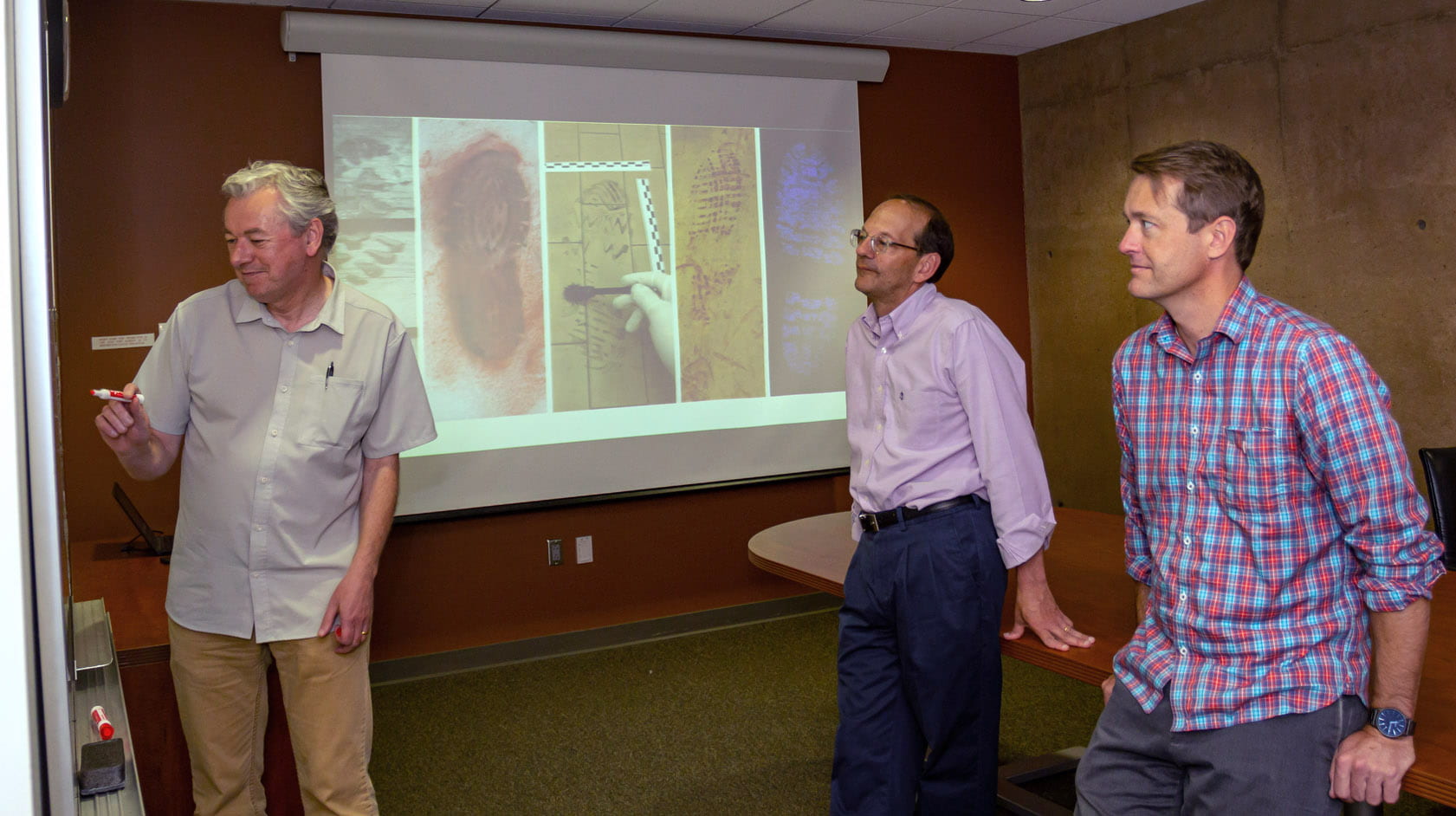National institute awards $20 million in renewed funding to forensic science center
UCI researchers contribute expertise in criminology, statistics and computer science

Irvine, Calif., May 18, 2020 – The National Institute of Standards and Technology has awarded $20 million in renewed funding to the Center for Statistics and Applications in Forensic Evidence, an interdisciplinary group of more than 60 participants at the University of California, Irvine and five other U.S. institutions of higher education.
Since its initial funding by NIST in 2015, CSAFE has engaged researchers in the analysis and interpretation of forensic evidence – including ballistics, fingerprints, biological samples, shoe markings and digital data – that’s based on sound statistics and solid science. The center’s work is intended to benefit the justice and legal communities and law enforcement officials from the local to national levels.
“Reliable and accurate forensic evidence is a cornerstone of our justice system, so it’s critical that the analysis of evidence be based on scientifically supported methods and minimally influenced by human error or bias,” said Hal Stern, UCI interim provost and executive vice chancellor and a Chancellor’s Professor of statistics. “UCI researchers have played an important role in CSAFE since its early days and will continue to do so during the next five-year period.”
UCI’s share of the NIST funding is about $4 million. Stern leads the campus’s CSAFE team, which also includes Simon Cole, professor of criminology, law & society; Charless Fowlkes, professor of computer science; Nicholas Scurich, associate professor of psychological science; Padhraic Smyth, Chancellor’s Professor of computer science; and Bill Thompson, professor emeritus of criminology, law & society – as well as graduate and undergraduate students and other researchers.
UCI CSAFE members have worked with the Los Angeles Police Department to determine whether handwritten signatures that are highly complex are more difficult to forge. Others tried to calculate the likelihood of investigators identifying the type of shoe that made an impression found at a crime scene. Yet another group was established to develop new statistical techniques to serve the rapidly growing area of digital forensics.
“I know I speak for the entire CSAFE team here at UCI when I say that the work we do is both vitally important and extremely compelling as an academic pursuit,” Stern said. “We are all proud to be part of a center that has earned the confidence of NIST officials, who have chosen to extend this initiative dedicated to excellence in forensic science.”
Headquartered at Iowa State University, CSAFE also involves researchers at NIST, Carnegie Mellon University, Duke University, the University of Virginia and West Virginia University. The renewed funding will support the center from June 1 through the end of May 2025.
About the University of California, Irvine: Founded in 1965, UCI is the youngest member of the prestigious Association of American Universities. The campus has produced three Nobel laureates and is known for its academic achievement, premier research, innovation and anteater mascot. Led by Chancellor Howard Gillman, UCI has more than 36,000 students and offers 222 degree programs. It’s located in one of the world’s safest and most economically vibrant communities and is Orange County’s second-largest employer, contributing $5 billion annually to the local economy. For more on UCI, visit www.uci.edu.
Media access: Radio programs/stations may, for a fee, use an on-campus ISDN line to interview UCI faculty and experts, subject to availability and university approval. For more UCI news, visit wp.communications.uci.edu. Additional resources for journalists may be found at communications.uci.edu/for-journalists.